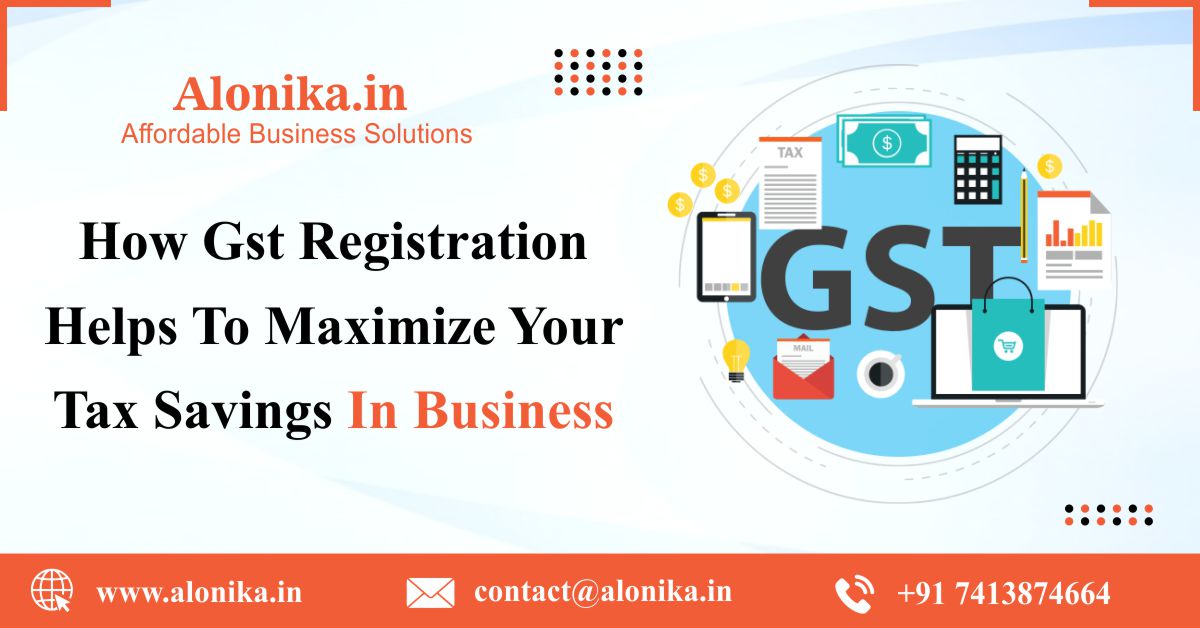How to Browse Singapore GST Registration for Your Business
Wiki Article
The Ultimate Overview to Streamlining the GST Registration Refine and Demands for Local Business Owners

Comprehending GST Fundamentals
To comprehend the basics of the Product and Services Tax (GST) system, small company proprietors have to initially comprehend its underlying effects and concepts. GST is a value-added tax levied on most goods and solutions for domestic consumption. It aims to simplify the taxes process by replacing multiple indirect tax obligations enforced by the state and central governments. Under the GST regime, companies are required to collect and sign up tax in support of the federal government, ensuring transparency and compliance.Among the crucial principles of GST is input tax credit report, which enables businesses to declare credit history for tax obligations paid on their purchases. This mechanism stops the cascading impact of tax obligations and promotes effectiveness in the tax obligation system. Additionally, GST is a destination-based tax obligation, meaning that the tax is imposed at the factor of consumption instead than the factor of origin. This makes certain fair distribution of tax obligation income amongst states based upon where the goods or solutions are taken in. Understanding these basic principles is critical for local business owners to navigate the complexities of the GST system and make certain compliance with the legislation.
Eligibility Requirements for Enrollment
Having actually developed a fundamental understanding of GST concepts, small business owners need to currently meet particular eligibility requirements to wage the enrollment process. In India, entities participated in the supply of goods or solutions with a yearly accumulation turn over exceeding Rs. 40 lakhs (Rs. 10 lakhs for unique category states) are required to register for GST. In addition, particular organizations such as those entailed in inter-state supply of items, informal taxed persons, and those required to pay tax under the reverse charge device have to sign up for GST regardless of their turn over. Organizations that were signed up under the previous tax obligation regimen (BARREL, solution tax, etc) are additionally mandated to register under GST. Agricultural businesses that just supply generate out of main production are excluded from GST registration. It is crucial for company owner to very carefully evaluate their qualification based on these standards to guarantee conformity with the law and avoid any type of penalties for non-compliance.Files Needed for GST Enrollment

Simplified Enrollment Process Actions
Adhering to the collection and verification of the requisite papers, the registration procedure for GST can be navigated through a collection of simplified actions created to help with effective conformity for small organization owners. The primary step involves seeing the GST site and choosing the 'New Registration' choice. Subsequently, the candidate should load in Part A of the GST REG-01 kind with information such as PAN, mobile number, and e-mail address to obtain an OTP for confirmation. Once the OTP is obtained and entered, a Short-lived Recommendation Number (TRN) is created for more procedures. The following step needs submitting Part B of the kind with required organization details, uploading sustaining documents, and finishing the verification procedure utilizing DSC or EVC. Upon effective verification, an Application Referral Number (ARN) is issued, suggesting the conclusion of the GST enrollment process. By following these streamlined actions, small company owners can successfully sign up for GST and ensure compliance with tax laws.Tips for Ensuring Conformity
To maintain governing adherence and functional stability, thorough oversight and aggressive measures are pivotal in ensuring conformity with GST needs for small service proprietors. Little business owners should stay updated with GST regulations, filing due dates, and any kind of modifications in tax rates to avoid charges and preserve a great standing with tax authorities. Attending GST recognition workshops or training programs can boost understanding and compliance with GST regulations, inevitably profiting the service in the lengthy run.
Verdict
In conclusion, small more information service owners must understand the essentials of GST, fulfill the eligibility requirements, collect essential papers, and adhere to the simplified registration process actions to make certain conformity. By simplifying the GST enrollment procedure and requirements, local business owners can avoid penalties and run their services smoothly within the lawful framework - Singapore GST Registration. It is important for local business owners to stay certified and educated with GST regulations to preserve an effective business procedureSmall organization owners looking for GST registration must guarantee they collect and submit the necessary papers to complete the enrollment process effectively. The documents needed for GST enrollment normally include evidence of business enrollment or incorporation, FRYING PAN (Permanent Account Number) card of the service entity, identity and address proof of the promoters/partners/directors, pictures, address proof of the location of organization, bank account declarations or canceled cheques, and consent types. Participating in GST recognition workshops or training programs can boost understanding and conformity with GST regulations, inevitably benefiting the straight from the source service in the lengthy run.
By simplifying the GST enrollment process and demands, small business proprietors can avoid charges and run their companies efficiently within the legal structure. It is important for tiny business owners to stay compliant and educated with GST regulations to preserve an effective business procedure.
Report this wiki page